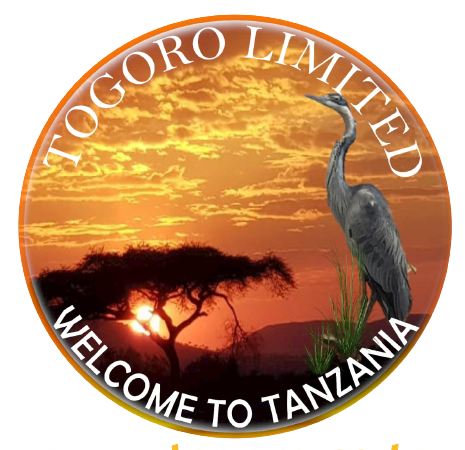3 Days Lake Mnayara, Tarangire NP & Ngorongoro Crater
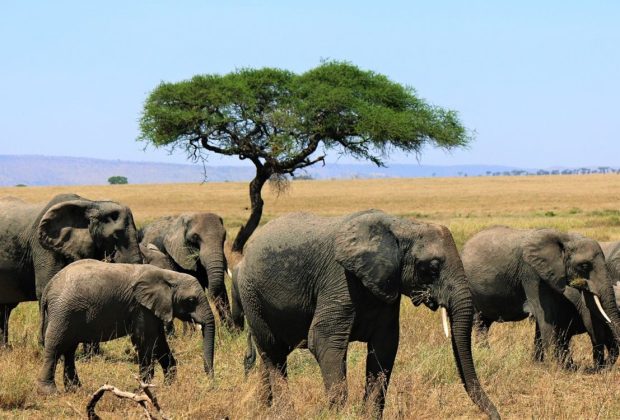
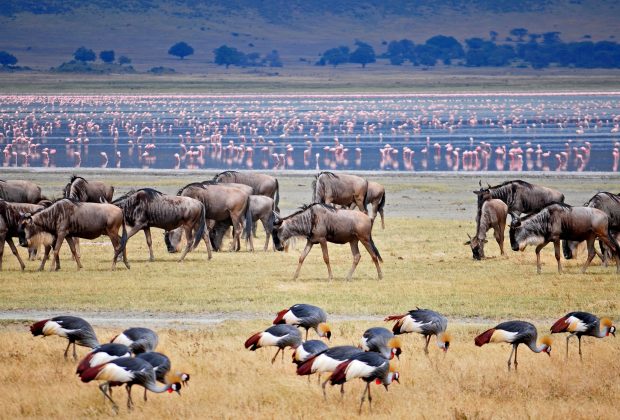
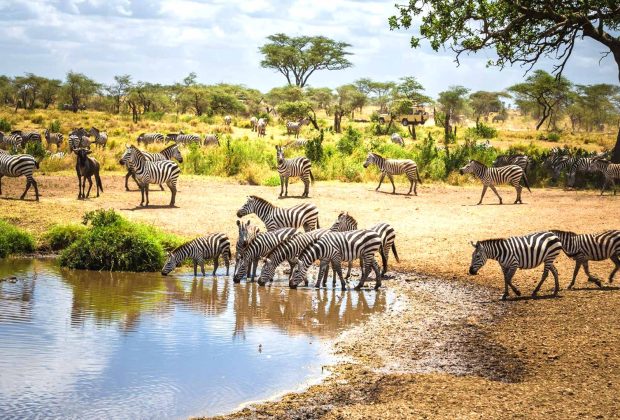
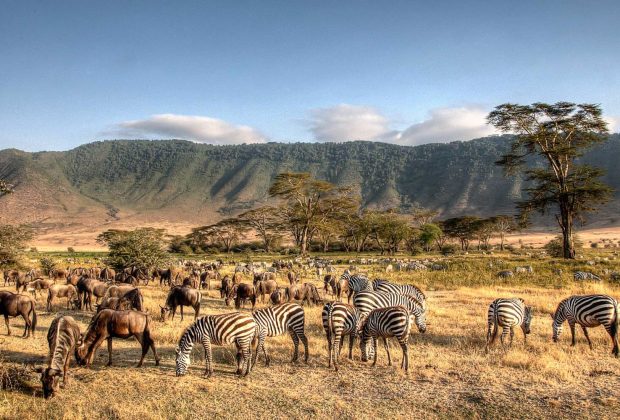
In this tour we will cover the 3 most popular destinations in Tanzania – Lake Manyara National Park (1 night), Ngorongoro Crater (1 night) and Tarangire National Park. Tour starts and ends at Arusha. With our experienced driver guides, it will be a trip of a lifetime!
Day 1 – Arusha to Lake Manyara
Pick up at 8:30 AM from your hotel in Arusha and depart for Lake Manyara National Park with a picnic lunch for a full day game drive. As you enter the national park, lush forests of Acacia and Mahogany trees begin to set the mood for what is waiting ahead. The game drive will go on till evening with a small break for picnic lunch. During the game drive watch out for buffaloes, giraffes, impalas, baboons and the blue monkeys. Another spectacle of Lake Manyara National park is the tree climbing lions, however spotting them is a game of luck. In the right season, you can see the shoreline turning pink with millions of flamingos flocking there. Post the game drive, you will head back to your camp/lodge where a delicious dinner awaits you.
Day 2 – Ngorongoro Crater Tour
After an early breakfast, descend to the crater floor for game drive(5 hours). You can expect to see lions, elephants, Zebras, Hippos, Flamingos, Jackals, Rhinos Antelopes and many birds. The birds seen here include eagle, vulture, and flamingos in the Crater Lake, stork, bats, giant vulture, sacred ibis, kori bustard, blacksmith plover, long necked heron and the cattle eagle. Post the picnic lunch at the beautiful Hippo pool, you will begin a steep ascend to the top exit of the crater. With a 2hr drive left to your accommodation in Karatu, the day will come to a close. Freshly made delicious dinner is kept ready for you at your chosen accommodation. All these days of the safari, will have you quite tired and a good rest is essential. The next day you will begin the last leg of your safari.
Day 3 – Tarangire to Arusha
The final day of your safari will begin as usual by 8:00 AM after a luscious breakfast. The destination for today is Arusha to Tarangire National Park where you will have a half day game drive. Tanzania’s third largest National park is known for its majestic baobab trees that dot the landscape, dwarfing the animals that feed beneath them. The Tarangire River is the centerpiece of this park which is famous for some of the largest herds of elephants in Africa. Here you may see lion, leopard, cheetah, lesser kudu, buffalo, Oryx, eland, giraffe and zebra. By mid afternoon, you will branch out and head towards Arusha where you will be dropped off to your preferred location by about 6PM in the evening. With an incredible experience and loads of memories to cherish, this is the time you bid goodbye to your team.
Activities/services included in the cost:
- Accommodation as per the itinerary
Lodges on Full Board - Road transportation in 4wd land Cruiser safari vehicle
Game drives as per the itinerary - Park entrance fees and crater service fees
- English Speaking guides available for the safari
- Accommodation as per the itinerary
Activities/services excluded in the cost:
- Visit to Masai Cultural Village
- All International Flights/local Flights + Taxes
- Visa fees, Travel & Personal accident insurance
- Excursions, services and activities not mentioned in this program
- Personal expenses e.g. laundry, telephone calls, Drinks, Tips and gratuities
Passenger Information
- Passengers should bring only duffle bags safaris{not suitcases}
- All the passengers must have Identification Card/Passport with them for internal flights.
- Baggage on domestic flights is strictly limited to 15kgs per person (including hand luggage). Any excess baggage will be charged by the airline at check-in.
- Passengers arriving to Tanzania may be asked to present a valid Yellow Fever Vaccination Certificate
- Tourist Visa will be obtained at the entry points, but it is advisable to double check before travelling to Tanzania.
What is the best time of year to go on a safari in Tanzania? The best time for a safari in Tanzania depends on your preferences. The dry season (June to October) is ideal for wildlife viewing as animals gather around water sources, but it’s also the busiest time. The wet season (November to May) offers lush landscapes and fewer tourists, but wildlife may be harder to spot due to thick vegetation.
What should I pack for a safari in Tanzania? Essential items include lightweight and neutral-colored clothing, sturdy walking shoes, a wide-brimmed hat, sunscreen, insect repellent, binoculars, a camera with extra batteries and memory cards, and any necessary medications. It’s also advisable to pack layers as temperatures can vary throughout the day.
Do I need a visa for Tanzania? Most visitors to Tanzania require a visa, which can be obtained upon arrival at the airport or purchased online in advance. Visa requirements vary depending on your nationality, so it’s important to check the latest information before traveling.
Is it safe to go on a safari in Tanzania? Tanzania is generally safe for tourists, including safaris, but it’s important to take standard precautions such as staying updated on travel advisories, avoiding isolated areas at night, and following the guidance of your tour guides.
What types of accommodations are available on safari? Accommodation options range from luxury lodges and tented camps to budget-friendly campsites. Luxury lodges typically offer comfortable amenities such as en-suite bathrooms, gourmet meals, and swimming pools, while tented camps provide a more authentic safari experience with canvas tents and communal dining areas.
What wildlife can I expect to see on safari in Tanzania? Tanzania is home to a diverse array of wildlife, including the Big Five (lion, elephant, buffalo, rhino, and leopard), as well as cheetahs, giraffes, zebras, wildebeests, hippos, crocodiles, and a variety of bird species. The specific animals you’ll encounter will depend on the location and time of year.
Are safaris suitable for children? Many safari operators offer family-friendly safari options, including accommodations with family rooms, shorter game drives, and child-friendly activities. However, it’s important to consider the age and interests of your children when planning a safari and to choose activities that are suitable for them.
What is the typical duration of a safari in Tanzania? Safari durations can vary depending on your preferences and itinerary. Most safaris range from a few days to a week or more, with shorter safaris focusing on specific national parks or wildlife areas and longer safaris covering multiple destinations. Customized itineraries are also available to suit individual preferences and schedules.
